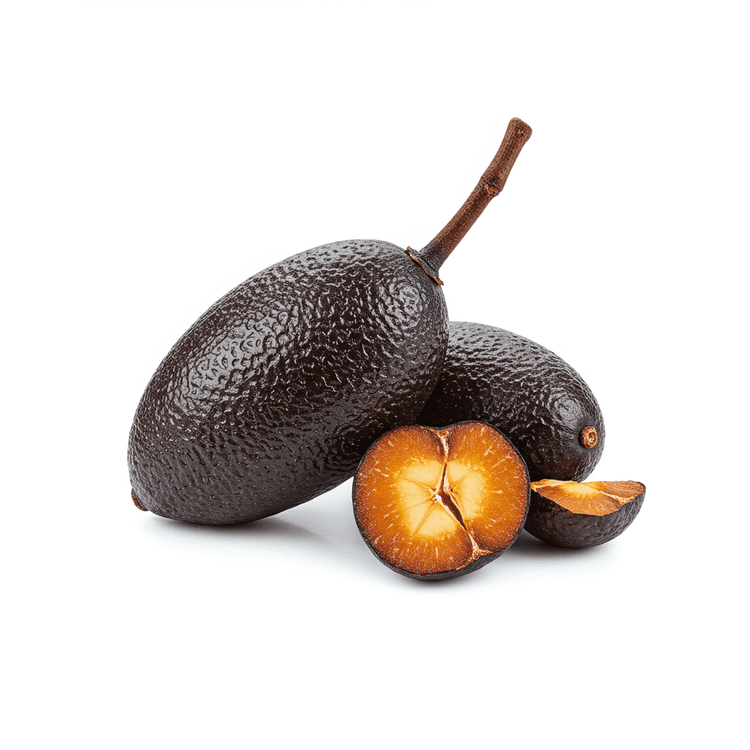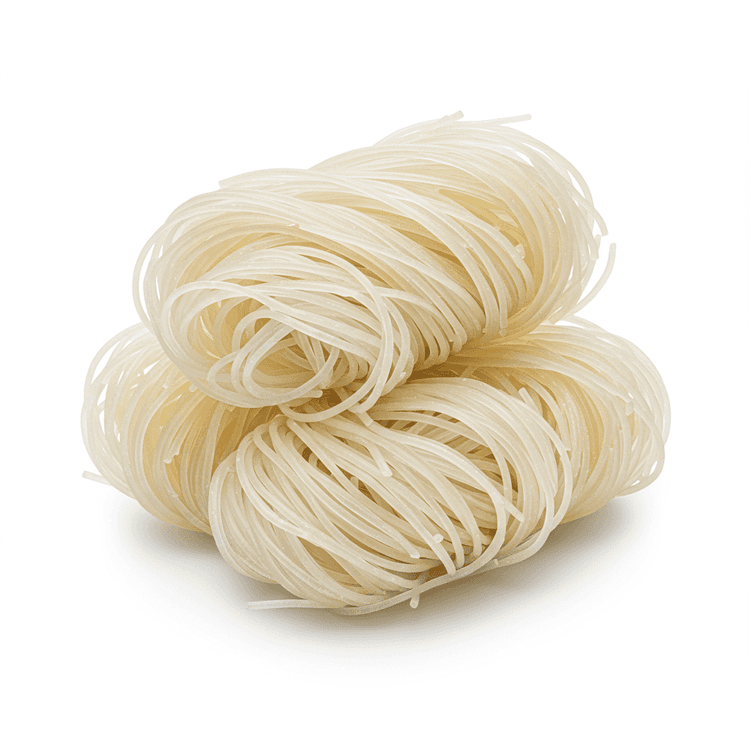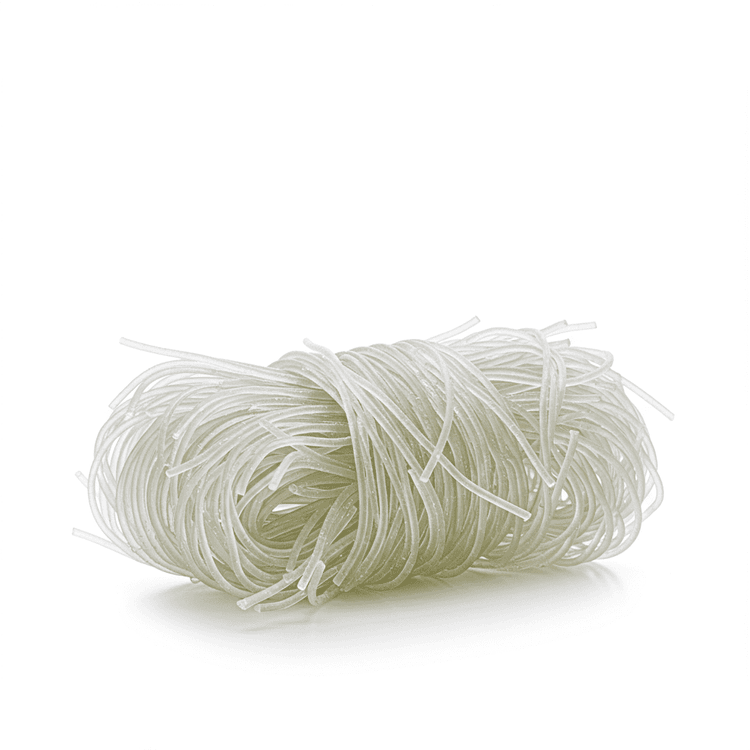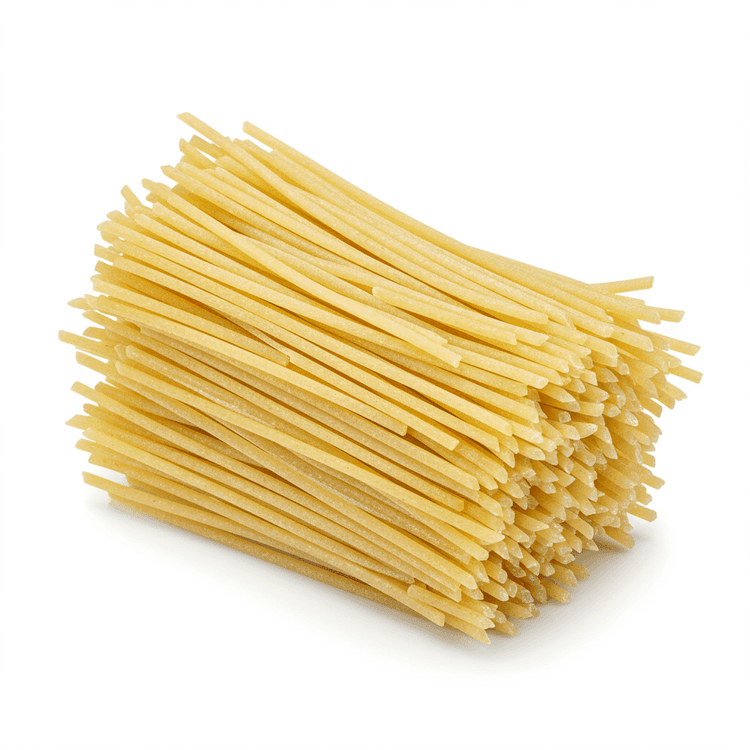
Abacha
Abacha, also known as African Salad, is a vibrant and refreshing dish staple made from shredded, dried cassava. The cassava is first cooked, then carefully shredded and sun-dried to achieve a unique slightly chewy texture and a subtly fermented, earthy flavor. The dried abacha strands are often off-white or slightly cream in color and readily absorb the flavors of the accompanying ingredients, creating a satisfying culinary experience. It's a popular dish especially in Southeastern Nigeria, known for its satisfying textures and refreshing taste. When rehydrated, it plumps up and becomes a delightful base for absorbing flavors.
Common Uses
- Abacha is commonly rehydrated and used as the base for African Salad: The dried cassava is soaked in warm water to soften, then combined with ingredients like palm oil, ugba (oil bean seed), garden eggs, pepper, onions, and spices to create a popular refreshing Nigerian delicacy.- Abacha can be used as a flavorful addition to stews and sauces: Small amounts of rehydrated abacha can be stirred into stews to add thickness and an earthy flavor note, enhancing the overall complexity of the dish. - Abacha can be incorporated into salads for a unique texture: Rehydrated abacha can be added to leafy green salads for a chewy textural contrast and a distinctive African flavor. Mix with other salad ingredients like lettuce, tomatoes, and cucumbers.- Abacha is sometimes prepared as a side dish seasoned with spices: It can be served as a side dish on its own, after rehydrating and seasoning with a blend of spices, such as pepper, salt, and bouillon powder. A quick side dish to complement rich stews and grilled meats.- Abacha is used as a thickening agent in some soups: The starch content of abacha can help slightly thicken soups, offering a subtle flavor and texture enhancement to traditional broths.
Health Benefits
- Rich in fiber, promoting healthy digestion and preventing constipation.
- Contains essential minerals like potassium, iron, and calcium for overall well-being.
- Low in calories, making it a suitable option for weight management.
- Source of antioxidants, which help protect the body against cell damage from free radicals.
- May contribute to heart health by helping to regulate cholesterol levels.
Substitutes
Chefadora AI is here.
Experience smarter, stress-free cooking.
Storage Tips
Abacha is best stored in an airtight container in a cool, dry place away from direct sunlight and heat. Properly stored, dried abacha can last for several months. Once rehydrated, it should be refrigerated and used within a few days to maintain its quality and prevent spoilage. Ensure abacha is thoroughly dried before storing to prevent mold growth.
Marnirni-apinthi Building, Lot Fourteen,
North Terrace, Adelaide, South Australia, 5000
Australia



